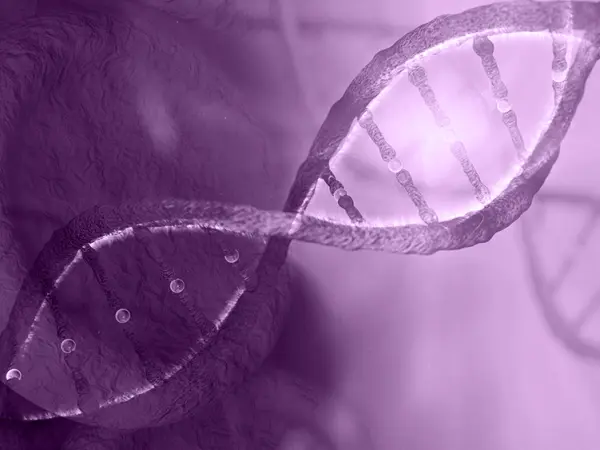All content on this site is intended for healthcare professionals only. By acknowledging this message and accessing the information on this website you are confirming that you are a Healthcare Professional. If you are a patient or carer, please visit the MDS Alliance.
The mds Hub website uses a third-party service provided by Google that dynamically translates web content. Translations are machine generated, so may not be an exact or complete translation, and the mds Hub cannot guarantee the accuracy of translated content. The mds and its employees will not be liable for any direct, indirect, or consequential damages (even if foreseeable) resulting from use of the Google Translate feature. For further support with Google Translate, visit Google Translate Help.
Now you can support HCPs in making informed decisions for their patients
Your contribution helps us continuously deliver expertly curated content to HCPs worldwide. You will also have the opportunity to make a content suggestion for consideration and receive updates on the impact contributions are making to our content.
Find out more
Create an account and access these new features:
Bookmark content to read later
Select your specific areas of interest
View MDS content recommended for you
MDS-related mutations
The accumulation of mutations drives disease evolution from asymptomatic clonal hematopoiesis to MDS. The study and identification of MDS-related mutations can be crucial for diagnosis, risk stratification, and, ultimately, therapy decision. Most MDS cases are caused by somatic mutations in DNMT3A, TET2, SF3B1, and TP53, but they can also be caused by inherited mutations in genes like DKC1, TERC, RUNX1, ETV6, GATA2, or SBDS.

Filter by content:

